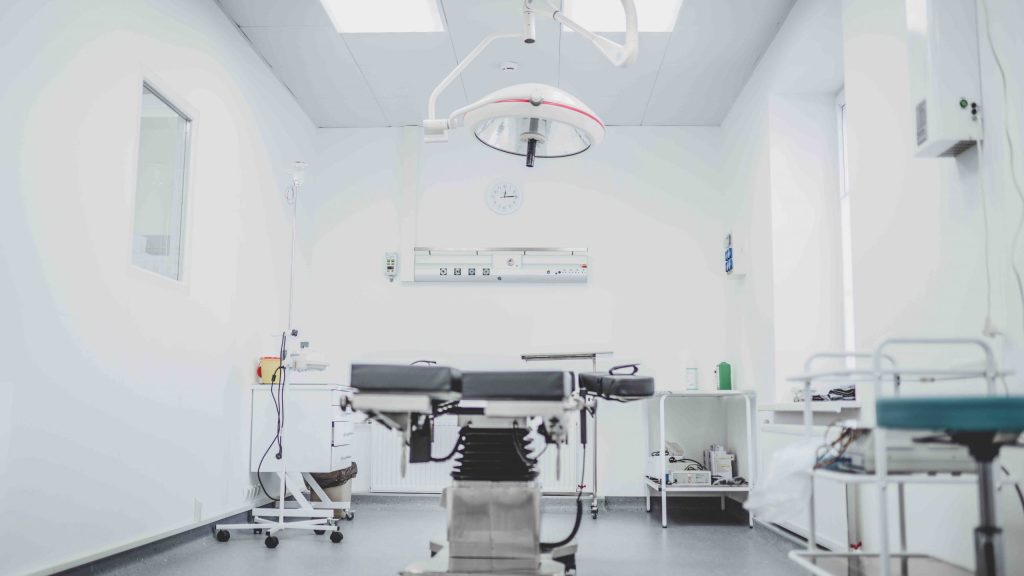- Free Consultation: 760-571-5500 Tap Here to Call Us
PREP Act and Product Liability Claims

If you are injured by a defective product in Escondido, you most likely will be eligible to file a product liability lawsuit. Depending upon the defect associated with the product and the way in which you got hurt, you could be able to file a design defect claim, a manufacturing defect lawsuit, or a marketing defect case. However, in some situations, product designers, manufacturers, and sellers may have immunity from certain types of claims. In the new era of the COVID-19 pandemic, the Public Readiness and Emergency Preparedness Act (PREP Act) gives liability to certain manufacturers who are designing and manufacturing products for combatting the coronavirus. Most immediately, the PREP Act could give automakers immunity in situations in which products like ventilators turn out to be defective.
We want to say more about the PREP Act and how its immunity provision could prevent consumers from filing product liability lawsuits. At the same time, we will explain the limitations of PREP Act immunity for defective products.
Immunity from Product Defect Cases Under the PREP Act
Since the start of the COVID-19 emergency in the United States, manufacturers in varying industries have shifted to designing and manufacturing products aimed at combating the disease caused by coronavirus exposure. Most notably, perhaps, is the way in which some automakers have shifted to producing ventilators as opposed to automobile parts. Under ordinary circumstances, automakers that design and manufacture defective products can be held liable for injuries in product liability lawsuits.
Under the PREP Act, however, automakers (and other entities developing products aimed at fighting the COVID-19 pandemic) likely will have immunity from any claims that could arise as a result of defective ventilators or other products created to provide countermeasures to coronavirus infections. Indeed, the PREP Act “provides immunity from liability (except for willful misconduct) for claims of loss caused, arising out of, relating to, or resulting from administration or use of countermeasures to diseases, threats and conditions determined . . . to constitute a present, or credible risk of a future public health emergency to entities and individuals involved in the development, manufacture, testing, distribution, administration, and use of such countermeasures.”
Limitations of PREP Act Liability?
To put all of that another way, nearly any individual or entity involved in the design, manufacture, sale, or distribution of public health emergency products will be immune from liability in the event that one of those products ends up being defective. However, it is important to know that there are limitations. The emergency use authorization (EUA) only extends through October 2024. While automakers and others may have immunity up until that date, it is possible that any injury resulting from a product defect that occurs after that date may not be subject to the immunity provided by the PREP Act. In other words, if an injury occurs after October 2024, the injured consumer may be able to file a product liability lawsuit.
To be clear, PREP Act immunity does not apply to products that are not related to fighting the pandemic. For example, automakers are still liable for injuries caused by product defects in automobiles. Yet ventilators and other similar items may result in immunity through late 2024.
Contact an Escondido Product Liability Lawyer
If you have questions about filing a defective product claim, an Escondido product liability attorney can help. Contact the Walton Law Firm for more information.
See Related Blog Posts: BMW Recalls Vehicles Due to Child Car Seat Safety Defect What Parents in Oceanside Should Know About the Inclined Sleeper Recall









